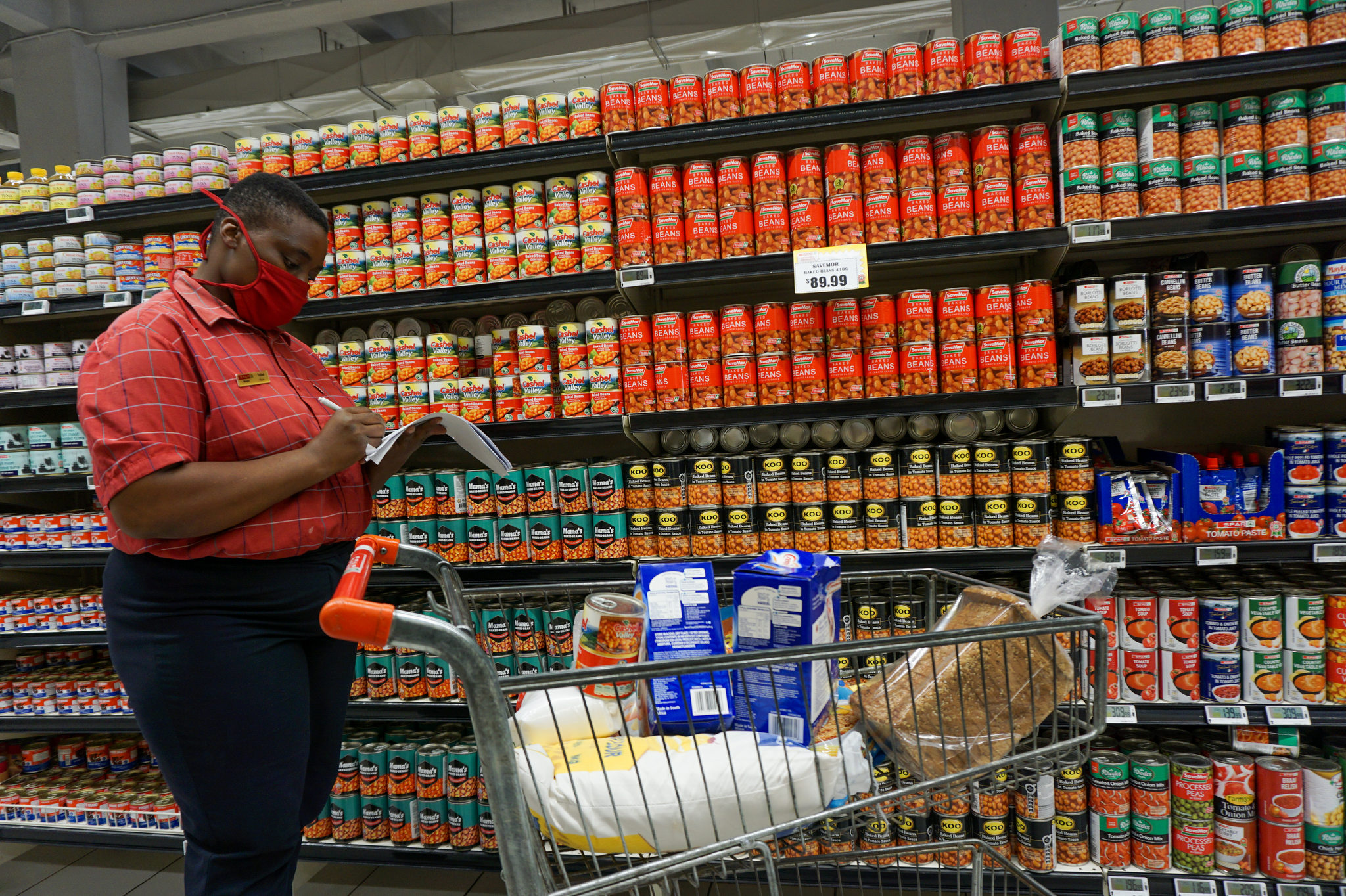BY EVIDENCE CHENJERAI
MUTARE- Kenneth Mudzingwa has worked and studied in Turkey for five and a half years.
To help his two siblings with groceries, the Zimbabwean citizen used a money transfer service that sometimes took days.
But since last June, he has ordered toiletries, cooking oil, maize meal, milk, sugar and other basics via a supermarket website. The items usually arrive in 24 hours.
“My siblings just send me a list of what they want and I complete the transaction from here, and they get notified of the order instantly for collection or delivery,” Mudzingwa said. “It’s a good start, and I hope online shopping improves in all retail outlets back home.”
Mudzingwa’s experience is mirrored throughout Zimbabwe, where fears of contracting the coronavirus have forced long-resistant shoppers to embrace online shopping, a trend that could ultimately reshape the retail industry in this southern African country.
The shift comes as Zimbabwe continues to battle the coronavirus that causes Covid-19.
More than 3,000 people have died from the disease in a country that borders South Africa, which has the highest number of cases on the continent.
Since the pandemic erupted in March 2020, Zimbabwe’s government has ordered two nationwide lockdowns, which closed businesses and schools, and kept Zimbabweans at home.
This March, the government partially lifted the latest lockdown. But it left many restrictions in place for businesses, requiring mandatory masks and hand sanitizer, physical distancing, and temperature checks.
As the pandemic has worn on, grocery stores and other retailers have more aggressively promoted online shopping, which Zimbabweans have historically shunned.
Obstacles to online shopping include the high cost of internet data, a lack of digital infrastructure or weak connectivity in some regions, and security concerns, says economist Prosper Chitambara.
In March, Pick n Pay, a major supermarket chain, saw its Zimbabwe stores lose some $22 million (about US$260,000) to email hackers.
Online sales at OK Zimbabwe Limited, another supermarket chain, have jumped by 800 percent during the pandemic.
Monthly website visitors grew to 30,000, said Patricia Gondo, the company’s financial services manager.
She said the company, which began selling groceries online in 2019, started the pandemic with a very small online customer base.
SPAR Zimbabwe, another prominent grocer, unveiled online shopping in 2018, but officials say it didn’t catch on until March 2020, when the government announced the country’s first case of Covid-19.
Average monthly visits in 2020 were 127% higher than 2019, says Louise McAllister, marketing manager for SPAR Zimbabwe.
This year, she says, monthly visits are up 10% over 2020.
To combat Covid-19, both OK Zimbabwe’s and SPAR Zimbabwe’s delivery staff regularly use hand sanitizer, wear masks and submit to temperature checks.
McAllister says that to maintain physical distancing, SPAR Zimbabwe’s staff delivers to a customer’s porch.
Flexible payment options also have made online shopping more popular.
Only an estimated 1.3% of Zimbabweans over age 15 use credit cards, but in recent years mobile money – paying for goods and services through a cellphone – has surged in popularity.
Between 2016 and 2018, mobile money transactions leaped 445%, to more than 1.6 million, according to a report last year from FSD Africa, a financial sector development program funded by the United Kingdom.
A postal and telecommunications sector performance report found that in the first quarter of 2020, active mobile money subscriptions rose by 4.6% to reach more than seven million, compared to the fourth quarter of 2019.
Sydney Mangweka, a father of two whose wife works in a different city, says he started shopping online in April 2020.
A film and music producer who also owns a small printing business, he mainly pays for electricity and buys internet data, groceries and takeout meals.
“Being the only parent at home, it is my duty to ensure the kids have all they need, but due to my busy schedule, I would at times fail to meet that obligation,” said Mangweka (38), who uses mobile money to pay for his goods.
“During the duration of the 2020 national lockdown, as I was working from home, I discovered that I could actually work and shop at the same time using online shopping.”
He also likes the fact that if both he and his wife are traveling, he can still order groceries to be delivered at home.
Meanwhile, Mudzingwa (25), says retailers need to keep honing the online experience for customers.
“They have a long list of questions you go through when ordering, which puts me off ordering from those shops,” he said.
Mudzingwa also says sometimes a supermarket doesn’t include basic grocery items among its online offerings, which means he has to hopscotch between online stores to buy everything he needs.
And sometimes he processes and pays for his order – only for it to be delayed.
Nonetheless, both Mudzingwa and Mangweka plan to keep shopping online after the pandemic ebbs.
Chitambara, the economist, predicts that online shopping’s newfound traction will last, because it reduces the costs that come with in-person sales and lowers the price of goods and services.
“It enhances the long-term welfare and well-being of the economy,” he said. – Global Press Journal


 Slider3 years ago
Slider3 years ago
 National4 years ago
National4 years ago
 Tourism and Environment4 years ago
Tourism and Environment4 years ago
 Special reports4 years ago
Special reports4 years ago
 Opinion4 years ago
Opinion4 years ago
 National4 years ago
National4 years ago
 National3 years ago
National3 years ago
 National3 years ago
National3 years ago


